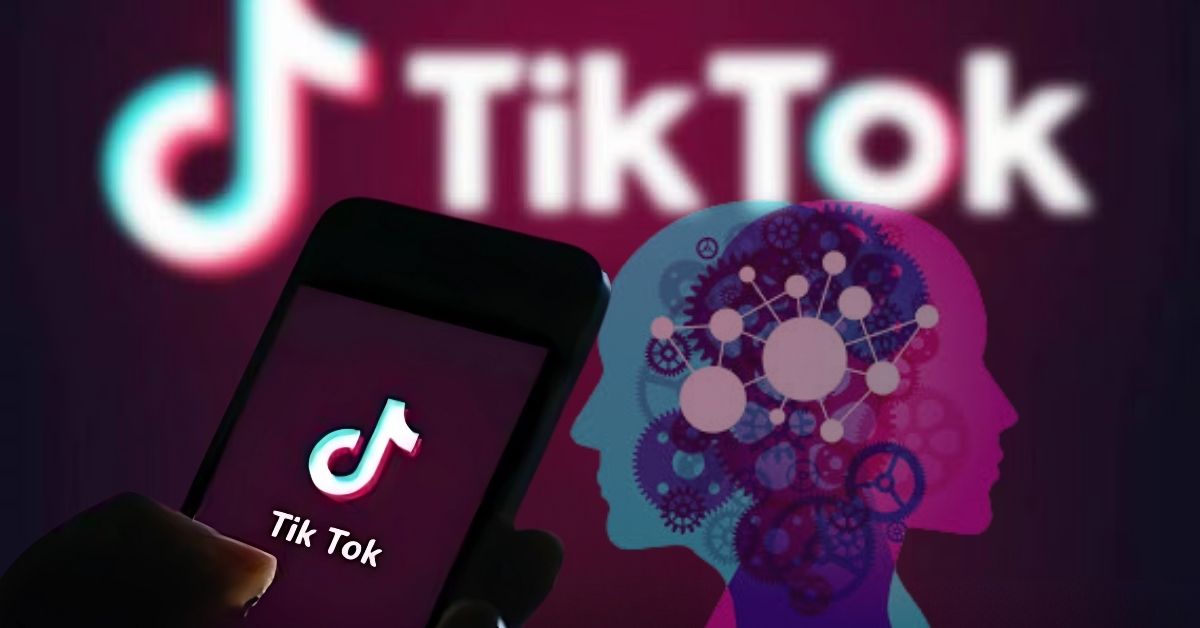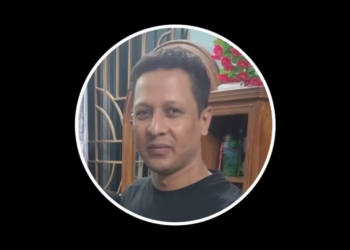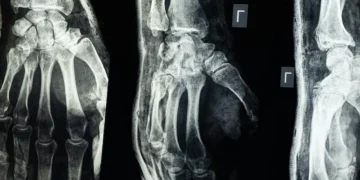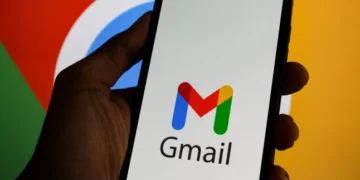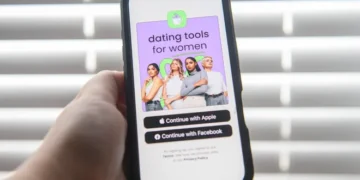TikTok is a popular social media platform where users can create, edit, and share short videos (typically ranging from 15 seconds to 3 minutes). It is mainly known for music, dialogues, comedy, dance, education, lifestyle, and various trending content.
Over Half Found Spreading Misleading Information, Reveals The Guardian Investigation about TikTok Mental Health Videos
More than half of the top-performing TikTok mental health videos are spreading misleading or inaccurate information, according to a recent investigation by British news outlet The Guardian. The findings have raised serious concerns about the reliability of mental health content on the platform specially as millions of young users turn to TikTok for emotional support and self-diagnosis.
Experts warn that TikTok mental health videos are spreading a growing crisis of misinformation that could be dangerous. As more people turn to social media for emotional support, platforms like TikTok are becoming major sources of mental health information. But a recent investigation by The Guardian reveals a troubling trend: over half of the most-viewed TikTok mental health videos contain misleading or inaccurate information.
The findings shine a light on a digital crisis that’s quietly affecting millions—especially young people. Influencers, many without any medical background, are sharing mental health advice that often oversimplifies or completely misrepresents clinical issues. Some offer quick-fix solutions with no scientific basis, such as eating an orange during a shower to reduce anxiety or using unverified supplements like saffron and magnesium glycinate without medical supervision.
The Dangerous Side of Viral Advice
While social media has helped reduce stigma around mental health by encouraging open conversations, it’s also given rise to a wave of content that mental health professionals describe as “misleading,” “harmful” and in some cases, “downright dangerous.”
According to the investigation, users seeking mental health help often face contradictory and confusing recommendations. Some videos label normal emotions as symptoms of serious conditions like personality disorders or trauma. Others promise “trauma healing in an hour” a claim experts strongly dismiss.
Experts say the problem lies in how platforms like TikTok reward engaging content over accurate information. Videos that are short, dramatic, and emotionally charged tend to go viral, while nuanced, evidence-based guidance rarely makes the same impact.
What the Experts Found
To dig deeper, The Guardian analyzed the top 100 videos under the hashtag #mentalhealthtips on TikTok. These videos were then reviewed by a team of psychiatrists, psychologists, and academic professionals. Shockingly, 52 of the 100 videos contained misinformation that ranging from mild oversimplifications to completely inaccurate or harmful claims.
Dr. David Okai is a neuropsychiatrist and researcher at King’s College London, reviewed content related to anxiety and depression. He noted that many creators misused clinical terms and blurred the lines between general wellness and diagnosable mental health conditions.
“Words like ‘well-being,’ ‘anxiety,’ and ‘mental disorder’ are being used interchangeably,” Dr. Okai said. “This causes confusion about what mental illness really is.”
He also warned against content that offers advice based on limited personal experience, saying, “What worked for one person may not apply to everyone.”
Read More: Jamat Regains Registration: Path Cleared for Political Comeback
Therapy Isn’t Magic and It Shouldn’t Be Sold That Way
A number of TikTok mental health videos present therapy as a magical solution that works the same way for everyone. This is far from the truth. While therapy can be life-changing, experts warn against portraying it as a one-size-fits-all miracle cure.
“Therapy is proven to work,” Dr. Okai said that “but it’s not a magic spell or a quick fix. Presenting it as such misleads people about the real process of healing.”
Normal Emotions or Mental Illness? TikTok Blurs the Line
Dr. Dan Poulter, a psychiatrist with the UK’s National Health Service and a former health minister, reviewed videos related to severe mental illness. He was alarmed by how often normal emotional experiences were misrepresented as symptoms of serious psychiatric conditions.
“Some videos wrongly classify everyday feelings as signs of mental disorders,” Dr. Poulter explained. “This could mislead vulnerable individuals and diminish the lived experiences of those with real, diagnosable mental health issues.”
Amber Johnstone, a licensed psychologist from the British Psychological Society, reviewed trauma-related content. She pointed out that although some posts were rooted in truth, they often oversimplified complex conditions like PTSD.
“Every video gives the false impression that all PTSD symptoms are the same and can be fully explained in 30 seconds. In reality, PTSD varies greatly between individuals and requires professional diagnosis,” she said.
Johnstone added that TikTok promotes the illusion of universal advice for complex problems. That illusion can worsen users’ mental states and lead to feelings of failure when those “tips” don’t work.
TikTok Responds but Experts Want More
In response, TikTok claims it actively removes content that discourages professional treatment or promotes harmful practices. The platform also said it directs UK users searching for terms like depression, anxiety, autism, or PTSD to trusted NHS resources.
A TikTok spokesperson defended the platform, saying:
“TikTok is a space where millions share their mental health journeys and support one another. But this report limits freedom of personal expression. We work with global health organizations to promote reliable information and remove 98% of harmful misinformation before it’s even reported.”
Still, many believe more needs to be done.
Lawmakers Demand Action
UK lawmakers are now calling for tighter regulation. Labour MP Chi Onwurah, who chairs a technology-focused committee, said:
“There are serious concerns about how effective the Online Safety Act is in tackling false or harmful content, specially when it’s amplified by algorithms.”
She emphasized that TikTok’s content recommendation system plays a key role in spreading misleading mental health advice and called for stronger oversight.
Liberal Democrat MP Victoria Collins echoed the urgency of the situation:
“The government must act now to protect the public from harmful misinformation.”
Paulette Hamilton the Chairman of the UK’s Health and Social Care Select Committee, also voiced concern that-
“This kind of misleading mental health content is troubling. People should seek help from properly trained professionals not just follow ‘tips’ from social media.”
What Should Users Do?
Professor Bernadka Dubicka of the Royal College of Psychiatrists acknowledged that social media can play a role in raising awareness but emphasized:
“People need access to updated, evidence-based health information from credible sources. A full mental health diagnosis can only come from trained professionals after a thorough evaluation.”
The Real Cost of TikTok Mental Health Misinformation
TikTok mental health videos are reshaping how millions think about therapy, trauma, and emotional well-being. While there are benefits to open dialogue, unchecked misinformation can harm those most in need of real support.
Source: TBS
Share via:

